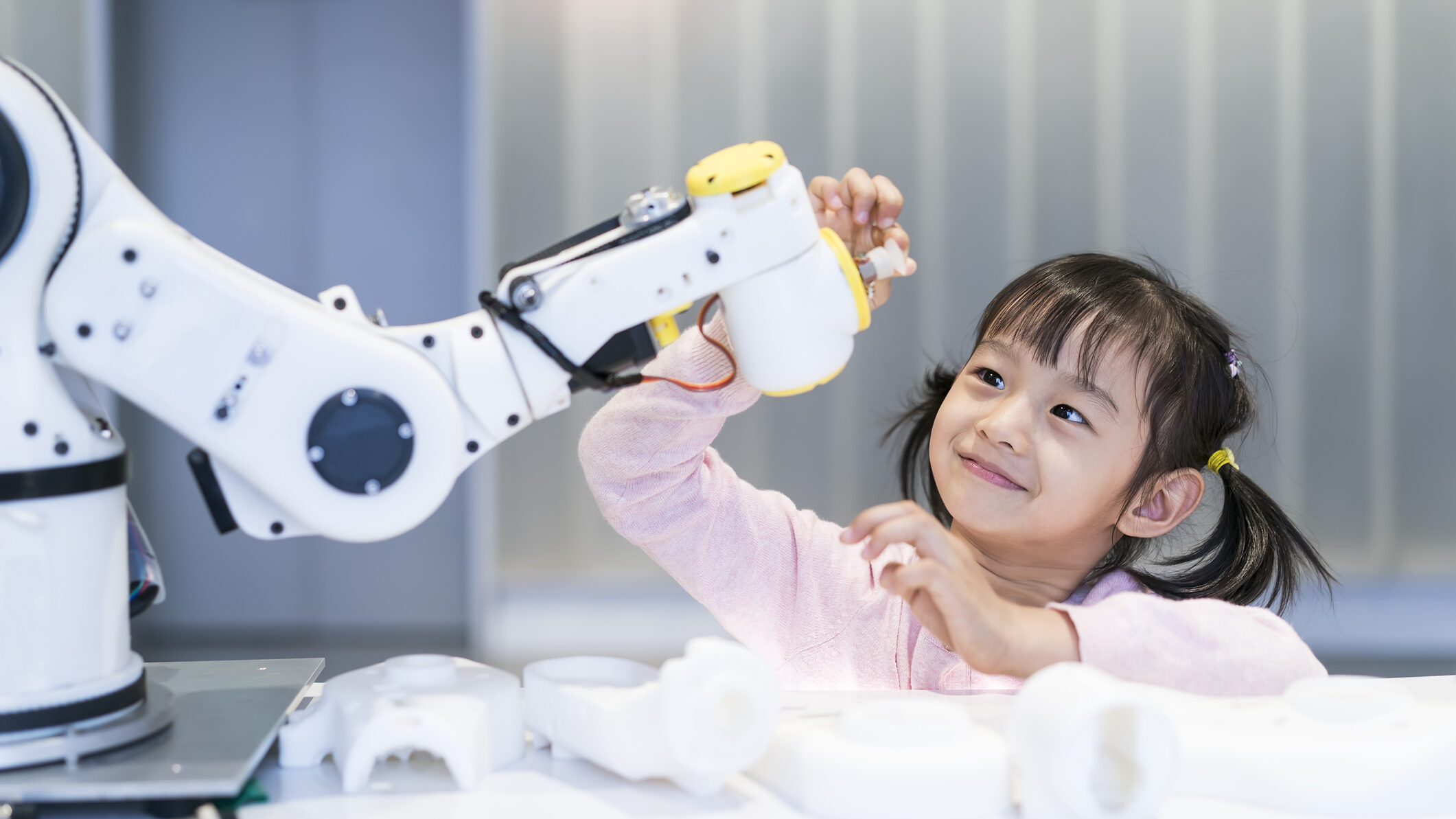Unlike parents, AI will never tire of entertaining our children. Here’s the catch.
July 14, 2023

As artificial intelligence (AI) comes to be more prevalent in our day to day lives, the possibility of its ubiquity, even in delicate tasks once thought to be contingent on human interaction, such as raising children, becomes more real. Yet, while the promises of AI childcare paint a utopian picture, the proliferation of AI in society poses certain risks.
Mr Jonathan Sim (NUS Philosophy) raises concerns about the proliferation of AI nannies and algorithms in an article titled “Unlike parents, AI will never tire of entertaining our children. Here’s the catch.” (Channel NewsAsia, July 2023). He argues that while AI childcare offers an unprecedented degree of personalisation capable of fulfilling children’s needs, it ultimately threatens children’s abilities to empathise with others.
Mr Sim posits that children raised by AI nannies may have more interactions with AI than with humans, potentially leading to the co-evolution of unique communication practices. This could hinder their ability to relate to and understand others, making it difficult for them to form human connections.
He ties this phenomenon to a broader trend of the rising importance and proliferation of algorithms in our daily lives. As algorithms curate the media and content we consume on various platforms, the information we consume becomes more personalised. These personalisation algorithms wrap individuals in small knowledge and communicative bubbles, which present a distorted, ignorant picture of the world. Ultimately, this will result in a polarization of views, which would widen social divides and hamper respectful conversation and connection.
Mr Sim concludes his commentary by advocating for the creation of more opportunities for youth to interact with individuals of diverse backgrounds, which he believes will develop their understanding, empathy and trust in others.
Read the article here.
